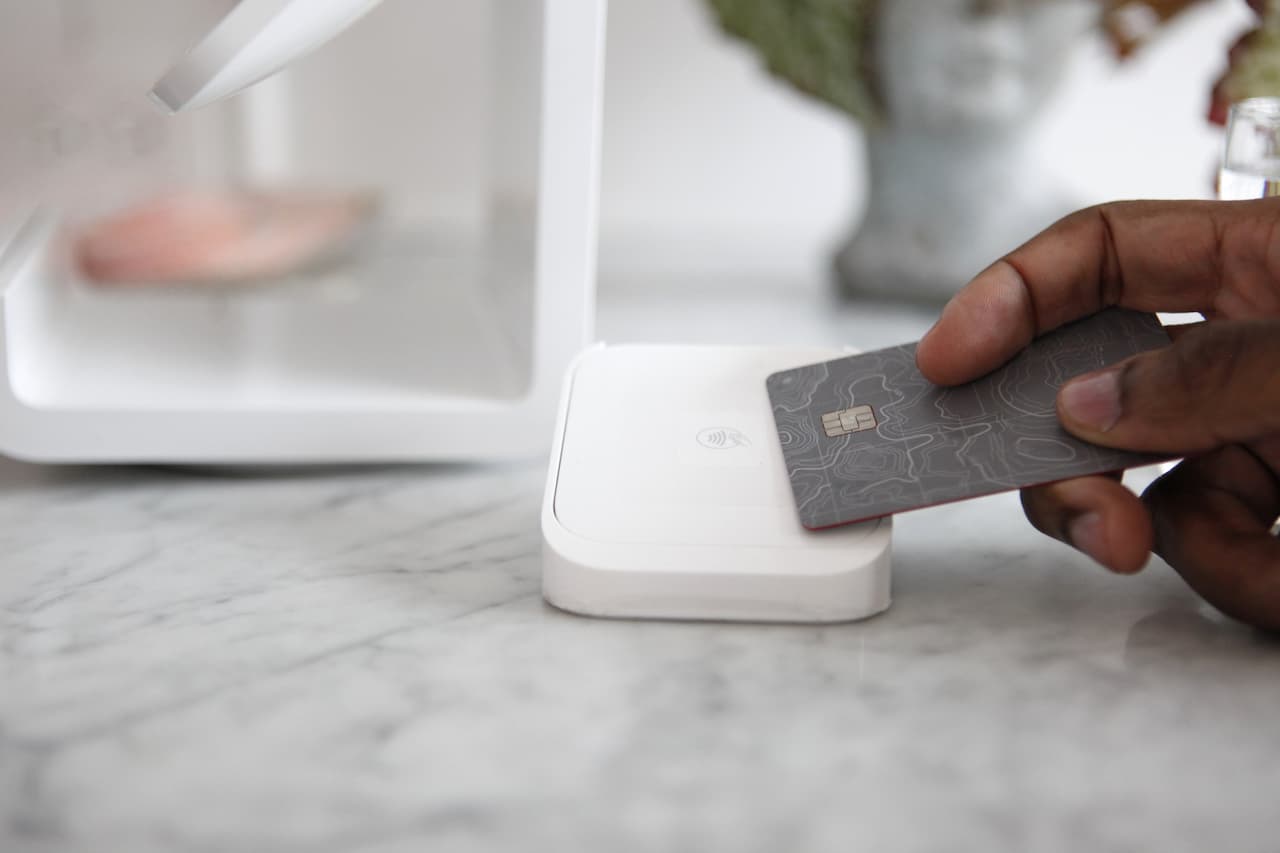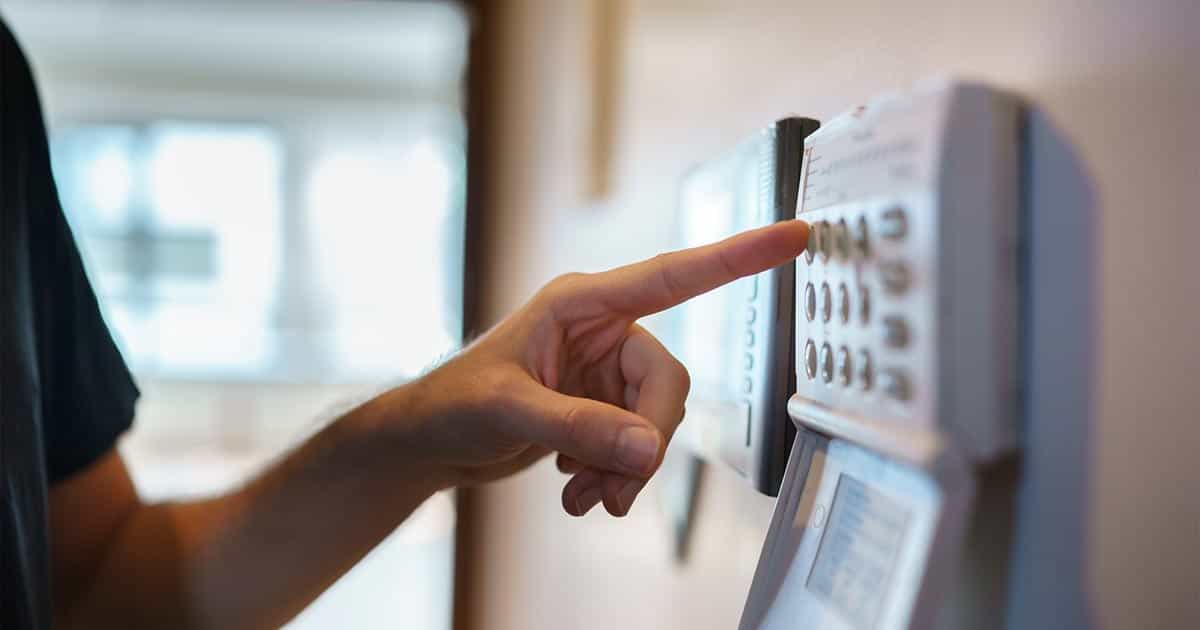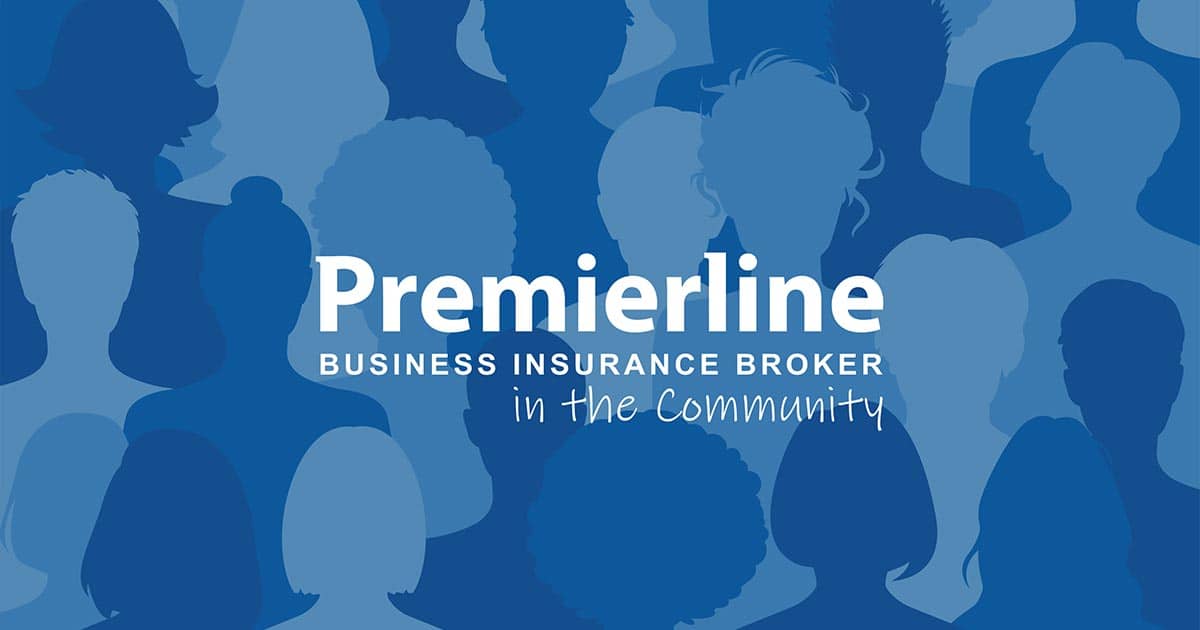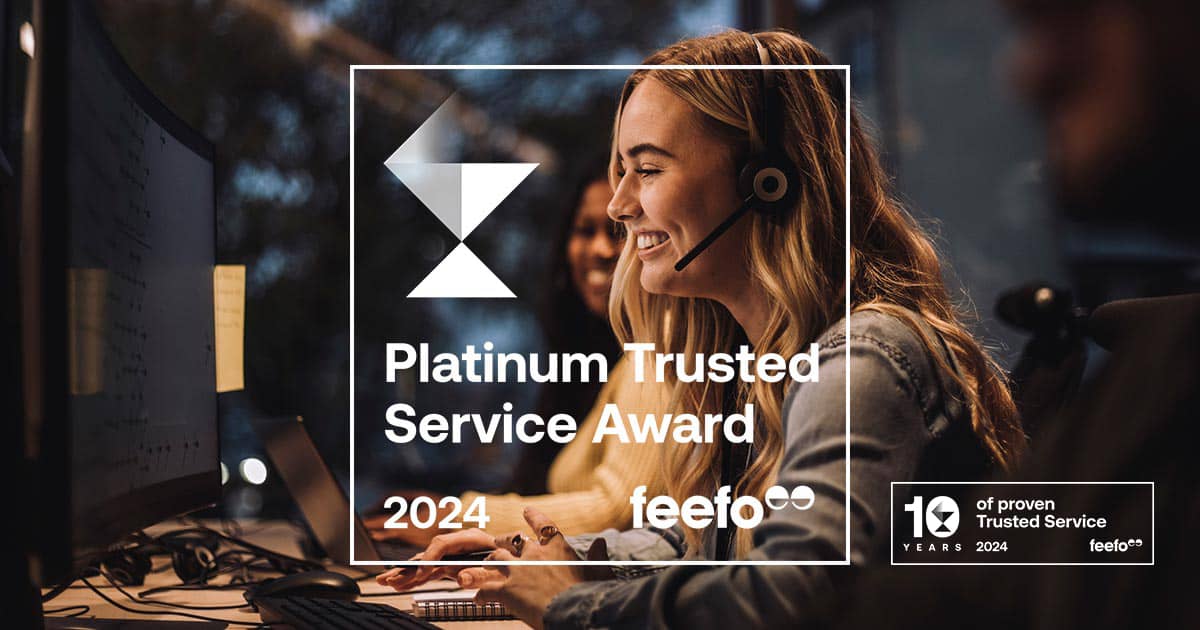Power outages or banking issues
If there is a power cut or a problem with a banks IT infrastructure, this will directly impact how much money you can make. Most card reading machines also require a stable internet connection, whether this is a Wi-Fi connection or mobile data connection. If your router goes down, this will impact your payment system.
Your card reader will also likely need some form of electricity to run, whether this is a power lead or battery which needs to be charged. No power for the machine means no money going into your business. It’s worth considering having a backup mobile card payment machine that can be battery powered and connects to mobile networks to process transactions should your business suffer power or internet connection issues.
Tourists
Visitors to the UK will often bring money instead of using a card, which may charge them when spending abroad. By having a cashless payment system you could be alienating a large group of people who may wish to use your services.
Whilst travellers’ cheques only make up a small proportion of spending in the UK, you could still accept them as part of a cashless system, but you will also likely need to make visits to a bank to cash these.
Cybercrime
Cybercrime has now affected 1 in 2 businesses in the UK in 2019, which means that it is more a case of ‘when’ than ‘if’ you will be a victim of cyber-crime. If you solely rely on cashless payments, this will increase your risk of falling victim to a cyber-attack so consider taking a look at cyber insurance.
Not only are you more attractive to cyber-criminals as a cashless business, but you also run the risk of having most of your digital assets stolen, whereas a business who does accept cash, will still have some funds following a cyber-incident.
Traditionalists
There are still millions of people in the UK who want to use cash, whether this is a distrust of online banking, not understanding how to use cashless facilities or to better control spending.
A cashless society is also thought to put vulnerable groups at a disadvantage. For example, people who may be on a low income, digitally incompetent or the elderly may struggle to thrive in a cashless society. Research from Which? found that three-quarters of consumers in low incomes groups only use cash for the majority of their spending and that four out of 5 retirees are reliant on cash. By converting to a cashless system you could be alienating these different groups of people who rely on being able to use cash as their main form of payment.
















